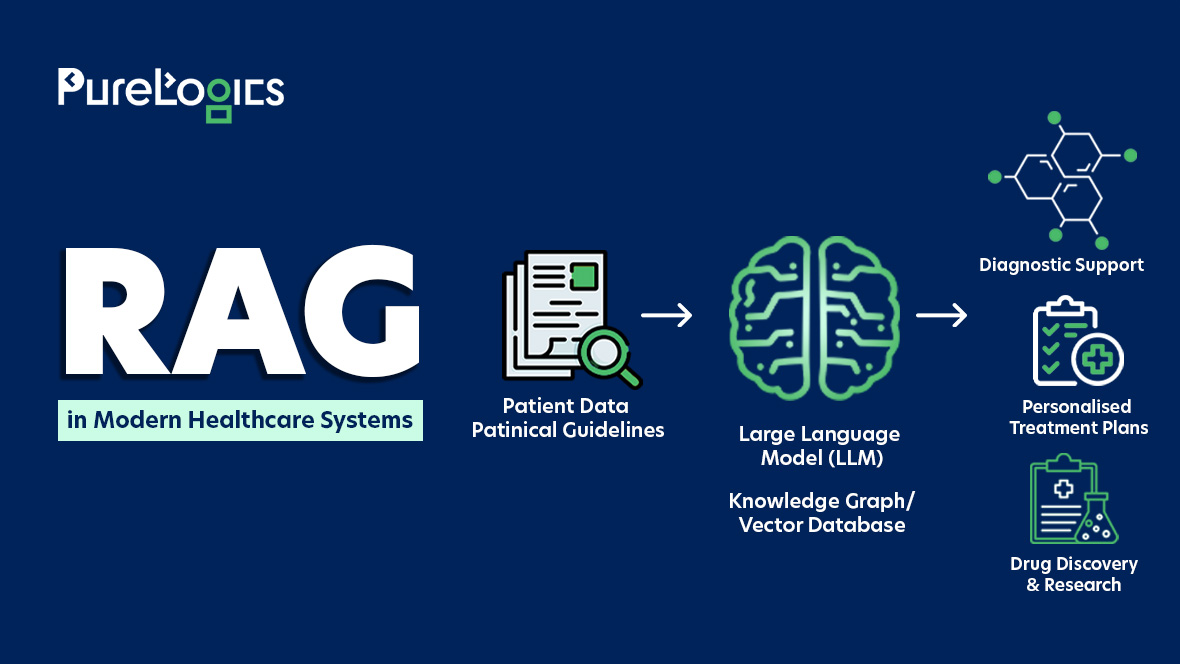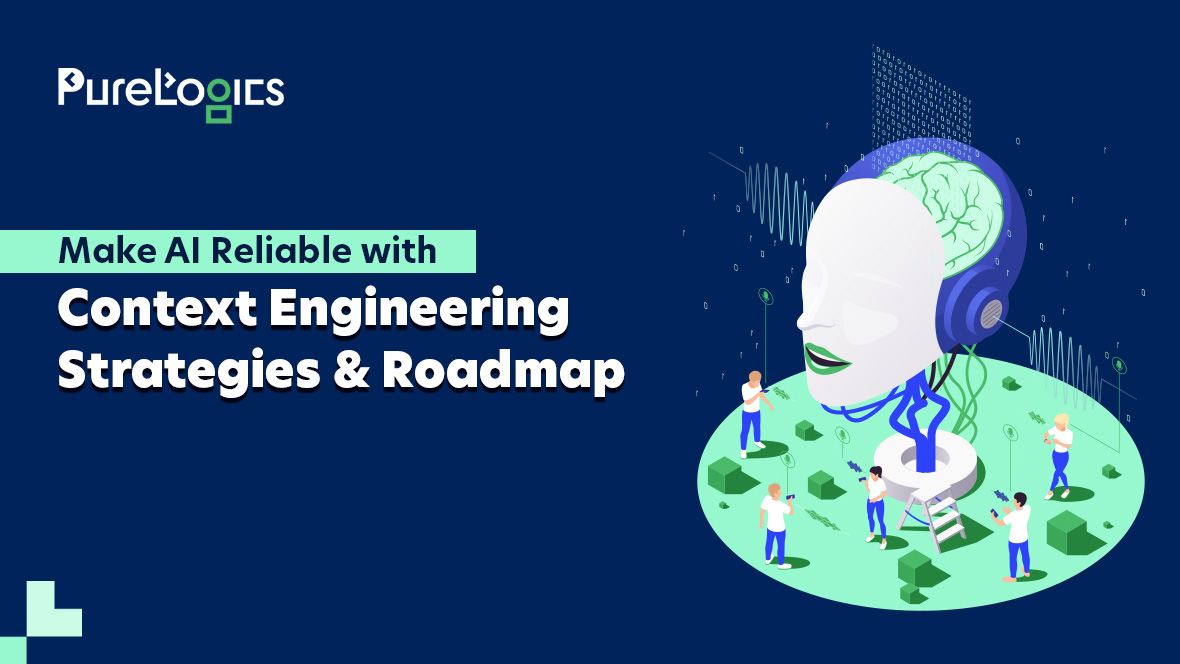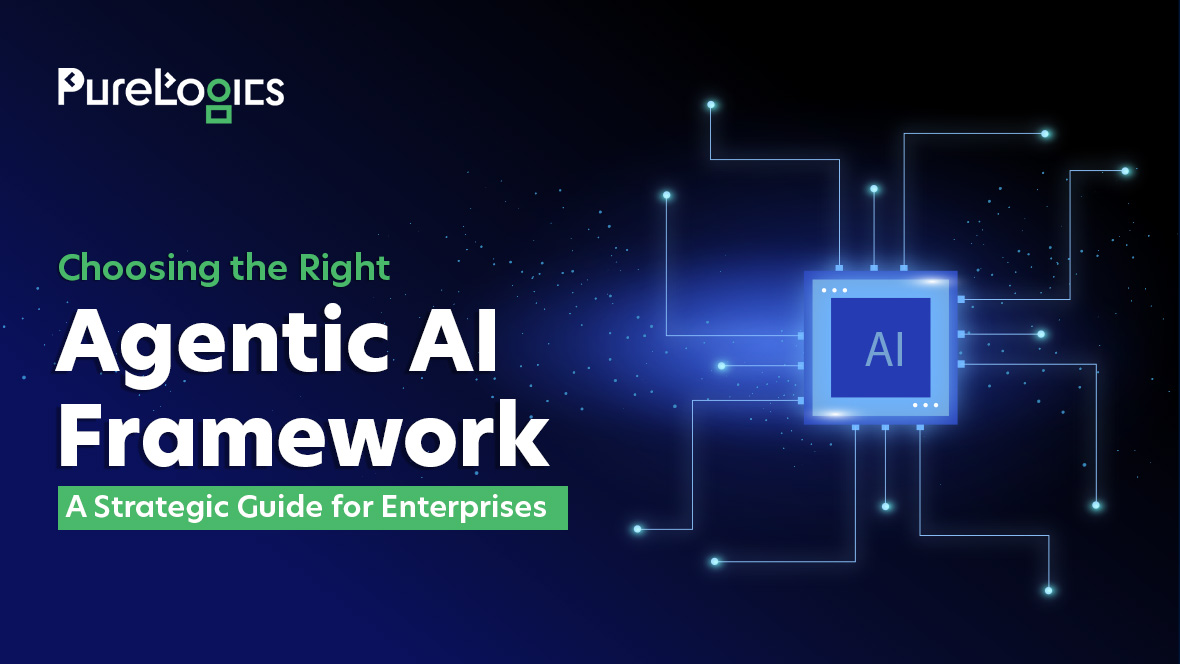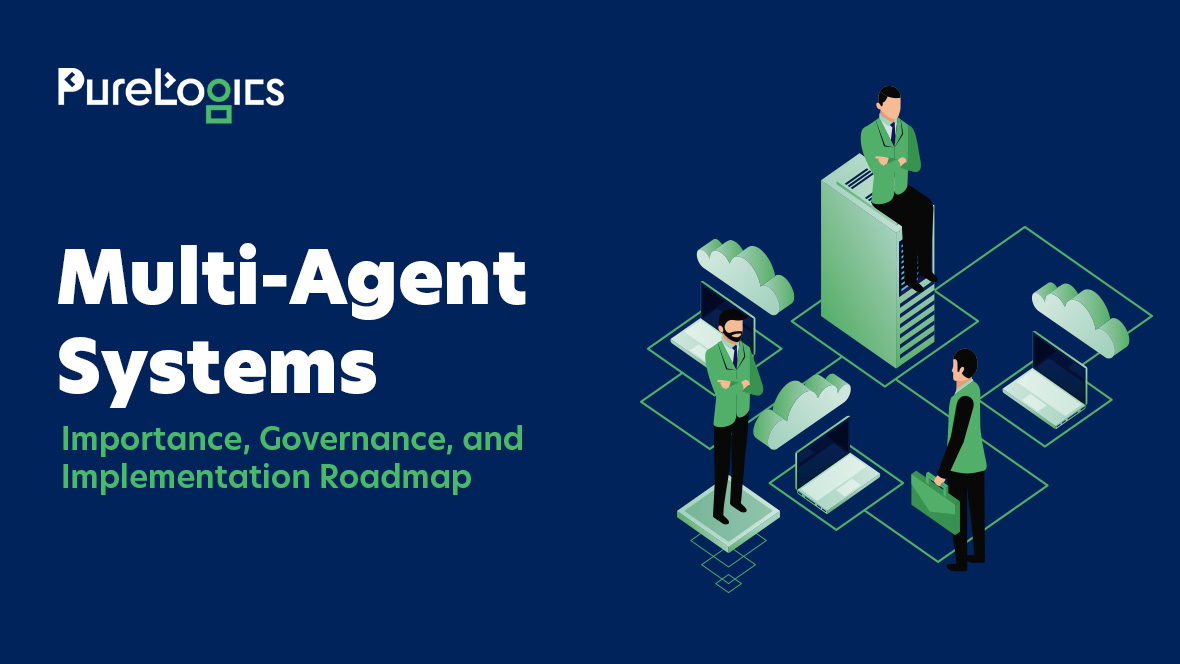Corporate Information Systems are scalable systems designed for comprehensive automation of all kinds of economic activities of large and medium-sized enterprises, including corporations, consisting of multiple departments that require a single control.
It combines the personnel management system, material, financial and other resources of the company, the company uses these systems to support planning and management and allows management to make more informed decisions.
A corporate information system can be understood as a management ideology, combining business strategy and information technology. “Enterprise” is the ability to work in a distributed system structure (corporation) vertically and horizontally.
Corporate Information Systems are Divided into the Following Classes:
- ERP (Enterprise Resource Planning System)
- CRM (Customer Relationship Management System)
- MES (Manufacturing Execution System); – WMS (Warehouse Management System)
- EAM (Enterprise Asset Management); – HRM (Human Resource Management)
- EDS (Electronic document management systems)
The Basic Principles on which Corporate Information Management System Should be Built:
- Intelligence (management of the organization – the registration and storage of information)
- Integration (combining documents through various channels)
- Modularity (possibility of a phased implementation of the system)
- Data Availability/Scraping/Collection
- Transparency (the ability to interact with other programs)
- Adaptability (power setting mechanism)
The Basic requirements of Information systems:
- The use of client-server architecture with the use of industrial databases
- Security techniques for control and restricting access to information resources
- Support for distributed information processing
- The modular design of the operational and independent functional units with the expansion at the expense of open standards (API, COM, etc.)
Approaches to build intelligence systems:
- Customer focused
- Process approach
- Balanced Scorecard (customer relationship to the company, the degree of satisfaction, innovation potential of the company and the employees, business process quality, etc.)
- An integrated approach to management
- Systems approach
- Adaptive control (selection of the optimal way to achieve the goal, it is a control method in which the targets remain unchanged)
The main features of the modern approach to the construction of corporate information systems are:
- A comprehensive analysis of business processes, based on which the information system project development and justification inherent in making it
- The use of a wide palette of modern methodologies and simulation tools and systems design
- Support for inter-enterprise business
- Detailed study and agreement with the customer of all stages of project development, milestones, and required resources.
- This approach ensures the development of integrated solutions built on objective data on the work of the enterprise, timely coordination of all fundamental issues between the customer, the general contractor and other participants in the work and aims to preserve the investment made in the system.
At PureLogics, we have helped hundreds of our clients to design spot on solutions for their business including custom ERP and CRM.
Our seasoned professionals sit down with the stake holders and map out requirements in order to devise cutting edge solutions to ensure maximum productivity and accuracy.
Have something more to add to this article? Post in the comments section below.


 [tta_listen_btn]
[tta_listen_btn]
 November 10 2016
November 10 2016






